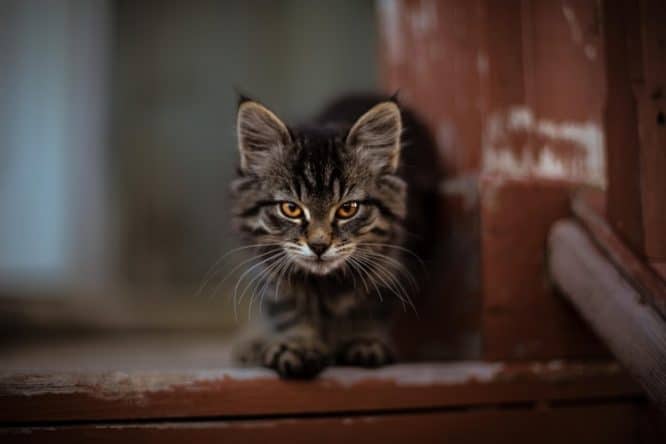
We’re not even pulling your leg.
Language is a beautiful thing but it’s not always possible to express yourself using just one word. Fortunately, idioms serve to fill that gap – a wonderful mish-mash of words that mean something completely different once combined. Anybody learning English will say that its idioms are either strange or hilarious but there are plenty of these little gems to contemplate and chuckle at in every language.
1. ‘I will show you where lobsters spend the winter’
Russian: ‘Где раки зимуют’
Supposedly, fishing for lobsters in the ice was once a punishment in Russia so this phrase is used to express anger, and as a warning.
2. To be made of chili pepper.
Spanish: Estar hecho un ají.
If you’re made of chili pepper, you’re absolutely furious – concise and vivid. We love it.
3. ‘You are my liver’
Persian: ‘Jeegaré man-ee’
In Iran, describing somebody as your liver means is like saying that they have your heart. Essentially, you love them with all of your organs. How sweet!
4. ‘May the cat eat you and the devil eat the cat’
Gaelic (Irish): Go n-ithe an cat thú, is go n-ithe an diabhal an cat
If someone says this to you, in English or Irish, you know that they’re angry. They’re basically saying that you should be eaten, then eaten again, and end up in hell, inside of a cat’s stomach. Sounds fun.
5. ‘Pretend that it’s raining’
Swedish: ‘Låtsas som att det regnar’
In Sweden, if someone tells you to pretend that it’s raining, they are telling you to feign ignorance of the current situation. Let’s face it, making small talk about the weather is the best way to break an awkward silence, anyway.
6. ‘There is no cow on the ice’
Danish: Det er ingen ko på isen
Imagine how stressful it would be trying to save a 1000lb cow from an icey fjord. So, if your cows are safely inland, nibbling on frozen grass, everything is golden.
7. ‘Like one hair from nine oxen’
Mandarin Chinese: 九牛一毛 (jiǔ niú yì máo)
Here’s another bovine-based idiom, but this time it’s from China. Oxen are huuugggee and look at how hairy they are! So one hair from nine massive oxen must be pretty insignificant. Hence the idiom.
8. To be with the olive oils
Portuguese: Estar com os azeites.
If you’re Portuguese and you’re with the olive oils, you’re in a bad mood.
9. Where the fox and hair say goodnight.
German: Wo sich Fuchs und Hase gute Nacht sagen.
The English equivalent of this idiom is ‘in the middle of nowhere’, but in a more poetic way.
10. ‘Like acorns comparing their height’
Japanese: どんぐりの背比べ (どんぐりの せいくらべ)
Obviously, acorns aren’t all that different from one another. Plus, unless you’re a squirrel, they’re not all that impressive. So, if you saw a group of boring people, comparing their unimpressive hobbies, you might say: ‘they’re like acorns, comparing their height.’
11. To keep a hedgehog in your pocket
Welsh: Cadw draenog yn dy boced
Thank god this one isn’t literal. If every tight-fisted, cheapskate person in all of Wales would have a hedgehog in their pocket, which sounds uncomfortable. After all, the word for hedgehog in Welsh (draenog) literally means spiky or spiney.
12. ‘The dancer dies yet her waist still moves’
Arabic: تموت الراقصة ووسطها بيلعب
This idiom could be translated to ‘old habits die hard’ and there is something beautifully poetic to the Arabic version, too.
13. ‘He has a lot of butter on his head’
Slovenian: Ima veliko masla na glavi
Slovenians use this idiom to indicate that a person is guilty. Why is butter involved? We’re not sure.
14. ‘Baked pigeons don’t fly into your mouth’
Czech: Pečení holubi nelítají do huby
It’s true, baked pigeons never fly into people’s mouths. However, this idiom is used to tell people that they need to work hard in order to achieve things in life.
15. ‘He has fish hooks in his pockets’
Italian: Ha ami da pesca in tasca.
If you had fish hooks in your pocket, you wouldn’t want to rummage around in there for some cash. This idiom is aimed at tight-fisted people, for whom spending money causes great pain.
















